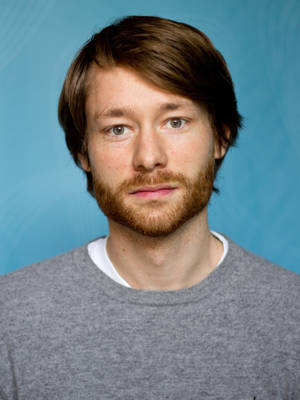CSCW and the Department of Peace and Conflict Research (PCR) at Uppsala University, Sweden have collaborated in the production of a dataset of armed conflicts, both internal and external, in the period 1946 to the present. This dataset is primarily intended for academic use in statistical and macrolevel research, and it complements the annual compendium of ongoing armed conflicts published in Journal of Peace Research, as well as the PCR online database, which contains qualitative overviews of recent conflicts worldwide.
The Centre for Human Security at the Liu Centre for the Study of Global Issues, University of British Columbia has also funded an expanded Uppsala/PRIO data collection effort for its Human Security Report (2005), which tracks additional forms of social violence, such as intracommunal conflict or human rights abuse. PRIO houses the academic conflict dataset and is continually improving and expanding this resource.
Recent projects have included collecting more accurate conflict start and end dates to aid in the study of the duration of violence; creating 'conflict polygons' to pinpoint the geography of war within a given country; and adding data for battle deaths (see http://www.prio.no/CSCW/Datasets/Armed-Conflict/Battle-Deaths/).








